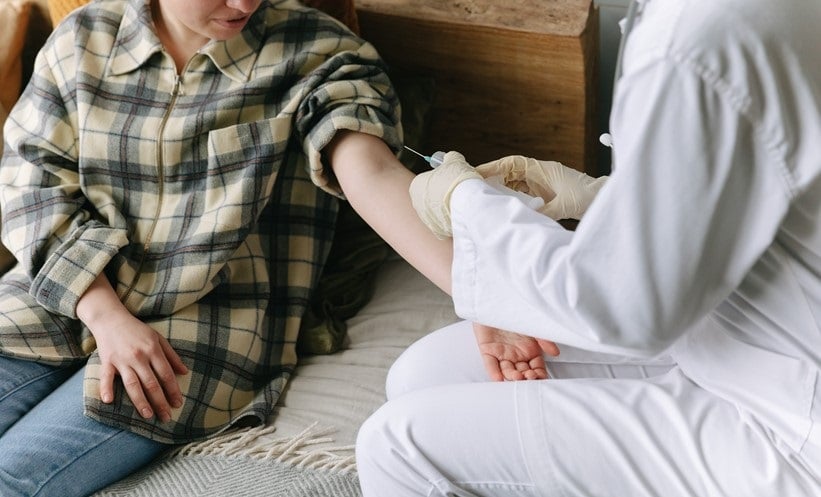SALVAGE therapies have been identified in a new study from Mount Sinai Health System, New York, USA, and Memorial Sloan Kettering Cancer Center, New York, USA, that could help patients with multiple myeloma, who have tried chimeric antigen receptor T-cell (CAR-T) therapy that has been unsuccessful.
Researchers conducted a retrospective study analysing 79 patients (age range: 37–78 years) with multiple myeloma, who had undertaken several different therapies following relapse after BCMA-directed CAR-T therapy, which aims to target the BCMA protein on cancerous plasma cells. Patients’ disease characteristics, pre- and post-CAR-T therapy regimens, responses to salvage therapies, and clinical outcomes were all assessed.
Data obtained showed that a total of 237 post-CAR-T salvage treatment lines were used, and patients received a median of two (range: one to 10) treatment lines. Therapies that engaged T-cells, such as using bispecific antibodies and other forms of CAR-T therapy, were the most effective for the longest period of time in patients that had relapsed, with a response rate of 91.4%. Stem cell transplants were identified as another potential salvage therapy, as median overall survival for patients that had received at least one stem cell transplant was 23.2 months (95% confidence interval: 17.6 non-estimable). Other approaches, such as combination chemotherapy and different drug combinations, had variable efficacy from patient to patient. Median overall survival for patients to date was 17.9 months (95% confidence interval: 14 non-estimable).
Overall, the study has shown that although patients with multiple myeloma who relapse after BCMA-directed CAR-T therapy have a limited prognosis, they can potentially be treated with a variety of salvage therapies. “Findings will serve as a benchmark for future prospective clinical studies that intend to improve the outcomes of patients who progress after CAR-T,” commented study author Samir Parekh, Tisch Cancer Institute, Mount Sinai, and could unlock the full potential of immune therapies for patients with multiple myeloma.







